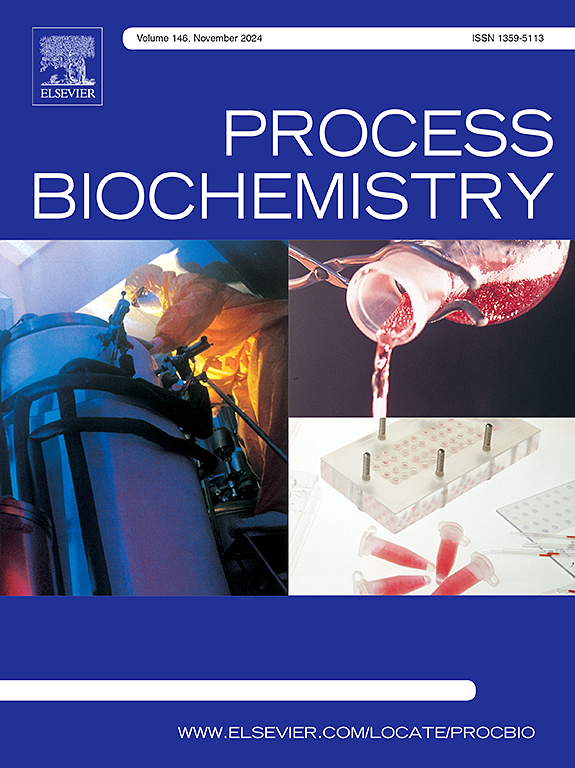Sustainable pectin extraction: Navigating industrial challenges and opportunities with fruit by-products – A review
IF 4
3区 生物学
Q2 BIOCHEMISTRY & MOLECULAR BIOLOGY
引用次数: 0
Abstract
Fruit by-products from the food processing sector are produced in large quantities and have great potential as sustainable sources of pectin, a bioactive polysaccharide used extensively in the food, pharmaceutical and nutraceutical industries. With a focus on sustainability, this paper investigates the various uses, characterisation and extraction of pectin derived from fruit waste. These processes include traditional acid-based extraction methods, as well as emerging technologies such as microwave-assisted and enzyme-aided approaches. Critical obstacles to scaling up the pectin extraction process, including feedstock availability, financial concerns, and quality variances, are also covered in the review. Using unconventional extraction techniques is highlighted as a viable option to increase pectin production while lessening environmental effects. Insights into pectin's functional qualities, such as its gelling, thickening, and emulsifying capabilities, further demonstrate its versatility in industrial applications. Despite the challenges of industrial-scale implementation, transforming fruit by-products into pectin offers a viable strategy for waste reduction and the creation of valuable commodities. This assessment promotes a circular economy in the fruit processing industry by supporting efficient extraction methods and creative solutions to industrial problems.
可持续果胶提取:导航工业挑战和机遇与水果副产品-综述
食品加工部门的水果副产品大量生产,具有作为果胶可持续来源的巨大潜力。果胶是一种生物活性多糖,广泛用于食品、制药和营养保健行业。以可持续性为重点,本文研究了水果废弃物中果胶的各种用途、特性和提取方法。这些过程包括传统的酸基提取方法,以及新兴技术,如微波辅助和酶辅助方法。扩大果胶提取过程的关键障碍,包括原料可用性、财务问题和质量差异,也在审查中进行了讨论。使用非常规的提取技术是一个可行的选择,以增加果胶产量,同时减少对环境的影响。深入了解果胶的功能特性,如它的胶凝、增稠和乳化能力,进一步证明了它在工业应用中的多功能性。尽管在工业规模实施方面存在挑战,但将水果副产品转化为果胶为减少废物和创造有价值的商品提供了可行的战略。该评估通过支持高效的提取方法和对工业问题的创造性解决方案,促进了水果加工业的循环经济。
本文章由计算机程序翻译,如有差异,请以英文原文为准。
求助全文
约1分钟内获得全文
求助全文
来源期刊

Process Biochemistry
生物-工程:化工
CiteScore
8.30
自引率
4.50%
发文量
374
审稿时长
53 days
期刊介绍:
Process Biochemistry is an application-orientated research journal devoted to reporting advances with originality and novelty, in the science and technology of the processes involving bioactive molecules and living organisms. These processes concern the production of useful metabolites or materials, or the removal of toxic compounds using tools and methods of current biology and engineering. Its main areas of interest include novel bioprocesses and enabling technologies (such as nanobiotechnology, tissue engineering, directed evolution, metabolic engineering, systems biology, and synthetic biology) applicable in food (nutraceutical), healthcare (medical, pharmaceutical, cosmetic), energy (biofuels), environmental, and biorefinery industries and their underlying biological and engineering principles.
 求助内容:
求助内容: 应助结果提醒方式:
应助结果提醒方式:


